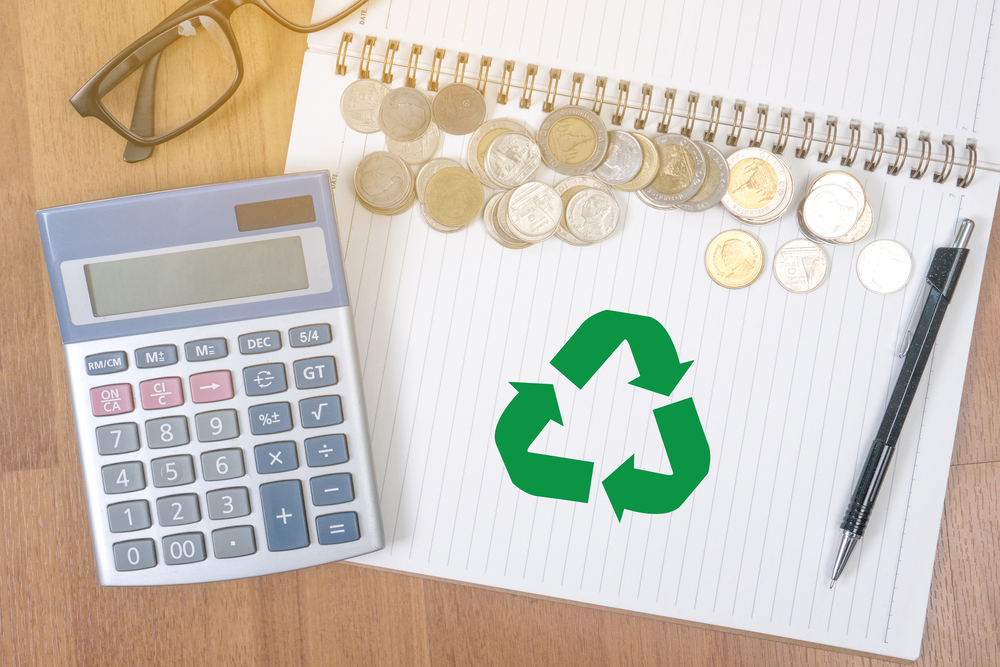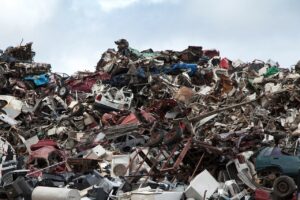As the world’s population increases at an exponential rate, the amount of waste that is produced increases at an alarming rate as well. Americans represent roughly 5% of the world’s population yet we produce nearly 30% of the world’s waste.
However, on a positive note, over a third of the waste produced in the U.S. each year is recycled or composted. While there is still a lot of room for improvement, there is an obvious effort being made. The numbers of natural resources available to us are limited, and at some point in time, these resources may run out. Fortunately, we are able to recycle a vast majority of these materials which not only helps the environment, but helps the economy as well.
How Recycling Helps the Economy
There are several ways that recycling helps the economy on both a personal and business level. Here are just a few examples.

Generates Jobs and Tax Revenue
According to the Environmental Protection Agencies 2016 Recycling Economic Information report, the recycling and reuse of material in the United States generated 757,000 jobs, $36.6 billion in wages, and $6.7 billion in tax revenues significantly contributing to the U.S. economy. These numbers will continue to grow as our efforts to recycle more materials increases.
Cost Effectiveness
When it comes to running a waste management facility compared to a recycling facility, the cost differences are clear. Operating a recycling facility is far more efficient and cost-effective than a waste management facility that either incinerates or buries the waste. Studies have shown that recycling one ton of waste has twice the economic impact that incinerating or burying does.
Depending on the material, it can cost 90% less to process recyclable material in to new material than the cost of extracting and refining raw materials from nature. These production cost savings are often passed along to the consumer.
Here are some quick facts on how using recycled products saves money, energy, and effort:
- 1 ton of recycled paper saves 17 trees, 7,000 gallons of water, energy equivalent to 165 gallons of gasoline and 3 cubic yards of landfill space.
- Recycling steel and tin saves 74% of the energy used compared to raw materials.
- Aluminum is the most recycled item in the US and can be recycled without limit.
- Plastic and glass can be recycled over and over while maintaining the same level of purity.
- 80% of glass is estimated to be recycled into new containers.
As you can see, with increased recycling efforts from individuals and businesses alike, we will continue to see positive results both economically and environmentally. When it comes to recycling, Consolidated Resources provides customized, comprehensive, waste stream solutions to fit your business’s needs. Call today to learn what CRI can do for you.






